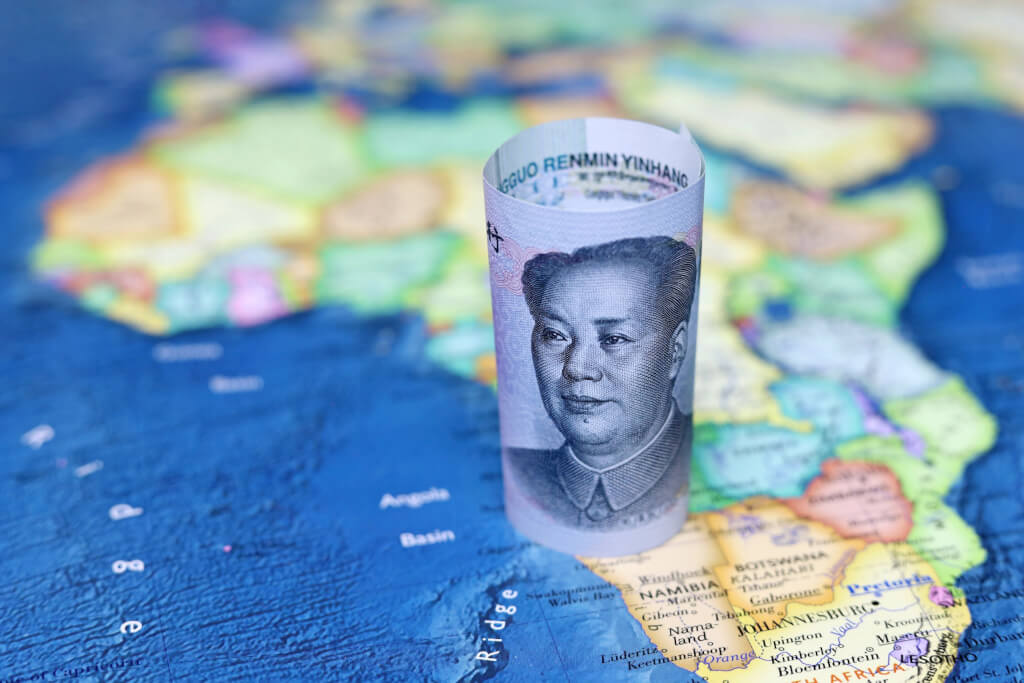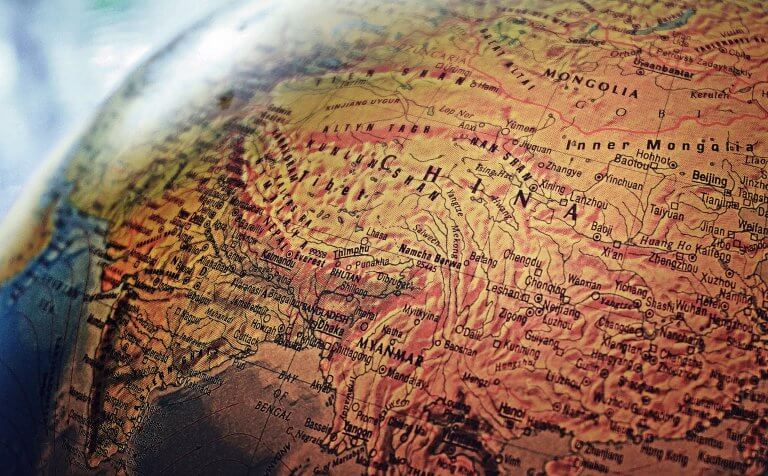
China Colonizing Africa: Truth and Fiction
The growing economic and political influence of China in the world frightens the U.S. and other Western countries. A real ideological war was unleashed against the Chinese, operated by professional journalists from the best American and European medias. One of the brightest aspects of this war was the demonstration of the inhumanity of Chinese “imperialism” and Africa is a really good example for such demonstration. Firstly, China was implementing many economic and political projects in the “Black Continent” which could easily be presented as colonization. Secondly, Africa once a conglomeration of colonies of various European states and home to most of the slaves in South and North America, evokes the most simple and understandable historical associations. However, the effect of this information campaign has not turned out to be as expected. China’s activities in Africa, if we compare its pros and cons, turned out to have been positive for the economy and infrastructure of African countries. The Chinese “horrors” also did not stand up to any comparison with similar activities carried out by European and American colonizers in the 19th and 20th centuries. And yet, for the sake of clarity, the comparison is worth going over each of the “paragraphs” that the Western media love to attribute to China’s African policy.
The U.S. media likes to paint the Chinese as greedy colonialists extracting all the resources out of the African countries that fall under their influence. Chinese investors, like the representatives of probably any other country that invests its money in the development of a foreign country, want to make a profit in the end. The exception, perhaps, was the USSR, which, was lambasted for spreading the “communist contagion”. In all other cases, this capitalist approach was considered not just the norm, but as a virtue. But Chinese business, by a strange coincidence, is considered “colonial” for the same aspirations. And the majority thoughtfully turns a blind eye to China’s social responsibility and benefits to “colonized” countries, which for this very reason increasingly prefer friendship with China to relations with Europe and the United States. The first major Chinese project in Africa back in the 1970s was the railroad linking the port of Dar es Salaam in Tanzania with the Zambian city of Kapiri Mposhi. In just five years, 50,000 engineers and builders from China built the 1,860-kilometer line that gave Zambia and its resources, especially copper ore, access to the sea. Most Chinese projects changed the lives of Africans for the better and developed African economies, something that could not be said about the activities of European colonialists in the previous almost 150 years.

China began to return to Africa as early as the 1980s when its presence was a real lifesaver for many countries on the continent after the world superpowers lost interest in investing in these states after the end of the Cold War. China just filled a void, which was created by the policies of other countries, but it was not its fault. The real heyday of Chinese expansion in Africa was in the 2000s and 2010s. Over 15 years (2000-2015), China invested nearly $100 billion in different African countries. The scale of even current projects is astounding. For example, on January 1, 2018, the Addis Ababa-Djibouti railroad was officially commissioned. The 760 kilometers of the railway had been under construction since 2011 was built with Chinese loans using local labor (the project budget exceeded $3 billion). The loans were subject to certain conditions: the contractors were major Chinese construction corporations, and the rolling stock purchased for the road was also Chinese but this is normal behavior for any business. Have the Europeans or Americans done things differently? China is implementing similar complex infrastructure projects everywhere in Africa. On May 31, 2017, a railroad between the Kenyan capital Nairobi and the major ocean port of Mombasa opened. Again, 90% of this project’s budget (about $3.5 billion) was financed by Chinese banks, China Road and Bridge Corporation were the main contractors.
Some Western media have already called China’s active economic expansion a new colonialism. China has replaced the previous external players in Africa and exploits its resources softly. Of course, Beijing is not engaged in pure charity and its intentions are driven by pure economic calculation, but it should not be reduced to cynical exchange of the gifts of African subsoil for cheap Chinese manufactured goods. Indeed, China is interested in supplying oil, iron and copper ore, timber and cotton and, at the same time, developing a new high-capacity market for the products of its own industrial enterprises. However, in the process, many African countries are given the opportunity to implement large-scale infrastructure facilities for which they would otherwise lack funds.
Another accusation is that China is driving African countries into debt to take all their assets and resources. The French newspaper of Le Figaro wrote that China gave African countries a lot of loans and eventually became their main creditor. However, during the global economic crisis, they are not able to pay the loans back, so Beijing had to renegotiate the terms, and the Chinese are looking for benefits in these new conditions. Authorities of many African countries have mismanaged Chinese loans and created problems for themselves. In this situation, China does not demand any immediate repayment of these funds and has always been accommodating. It is silly to repeat that every investor has the right to profit. But it is important to understand that China is also developing the social sector of African countries, and it hardly looks like an “immoral colonialist” in this policy. Chinese projects employ hundreds of thousands of locals who previously had no stable source of income; despite the fact that the media in Europe and the United States always try to portray that the Chinese either employ only their fellow citizens or see Africans only as slaves. The Chinese also set up schools and hospitals for Africans, something rarely seen from “civilized investors” from Europe and the United States.
Another argument is that China destroys the environment and the nature of the countries where it extracts minerals and “kills” the local population. This remains a rumor, but the biggest scandal of this kind happened with the most progressive businessman from the U.S. – Elon Musk. Adults and even children in the Democratic Republic of Congo mined in inhumane conditions cobalt, necessary for the batteries of fashionable Tesla cars. The French, who are most worried about China’s expansion into Africa, also have a negative reputation on the issue of “debt slavery”. Their CFA franc system has become a real “long leash” on the economies of their former colonies.

Despite China’s appalling “imperialism” in Africa, the locals do not protest against the Chinese who give them investments and jobs. But the “good” Europeans, who have oppressed them for hundreds of years and are trying to continue the process today in a hidden form, are opposed by the local population on regular basis. France in particular has distinguished itself by maintaining strong ties with its former colonies. Most recently, a demonstration against the presence of French troops in the country was held on Saturday in the center of the capital of Burkina Faso, Ouagadougou. The demonstration was organized by the M30 Naaba Wobgo coalition, named after the last monarch of the Kingdom of Mosi, who fought against French colonialism. It was also announced that a nationwide demonstration would take place on August 12, demanding that Burkina Faso end all political and military collaboration with France and that the French ambassador should leave the country.
Such public opinion tells a lot. Comparing China’s “colonialism” to the behavior of Britain, France, the United States and other countries in the 19th and 20th centuries in their true colonies in Africa does not stand up to criticism – the European states were way more brutal and cynical. So why are they so obsessive in their condemnation of China? They simply can no longer compete with China, so they declared an information war on it. But historical experience and obvious facts about this “war” are not in their favor. No matter what kind of business the Chinese are doing in Africa, they will never reach the level of contempt that Europeans and Americans had during “colonization” processes.

